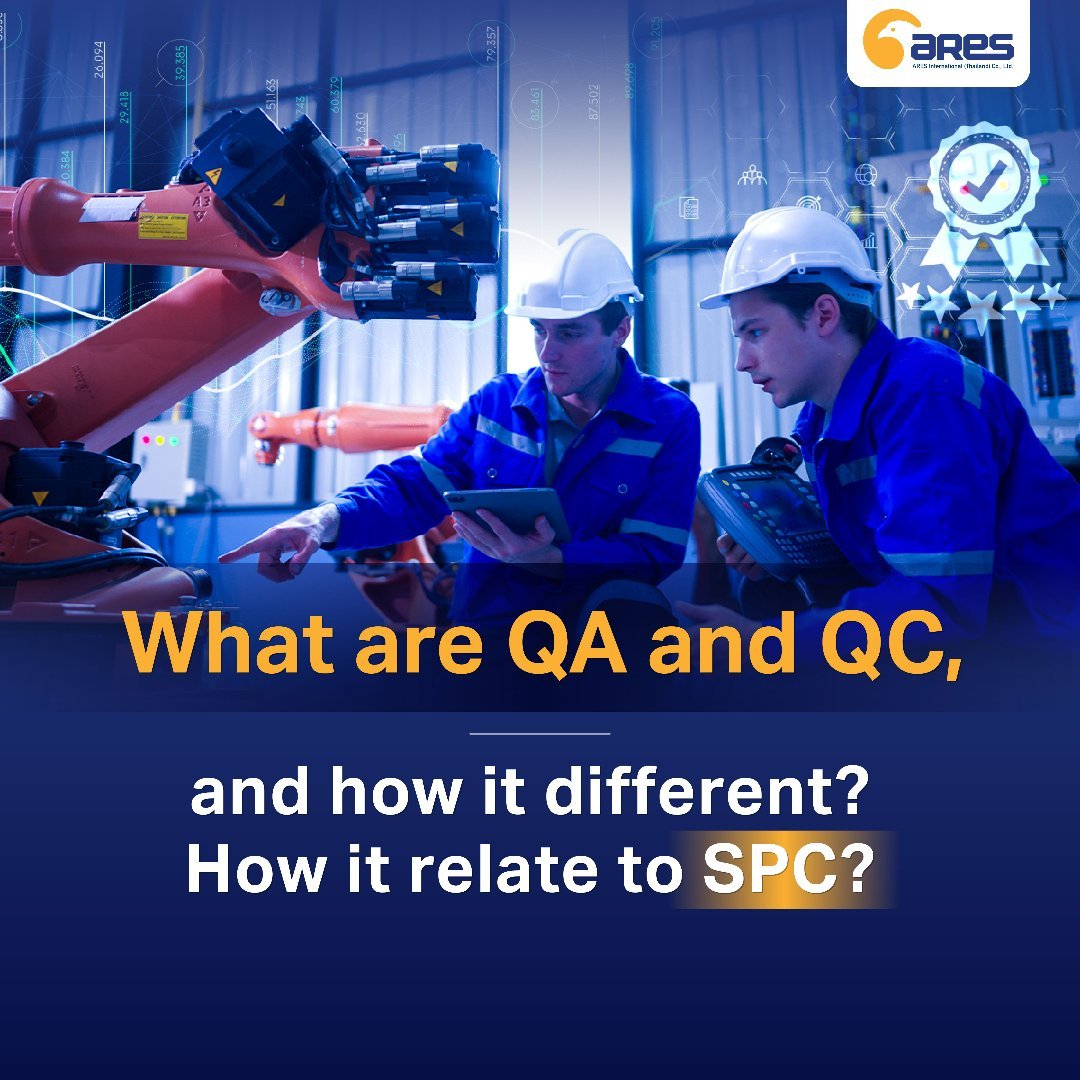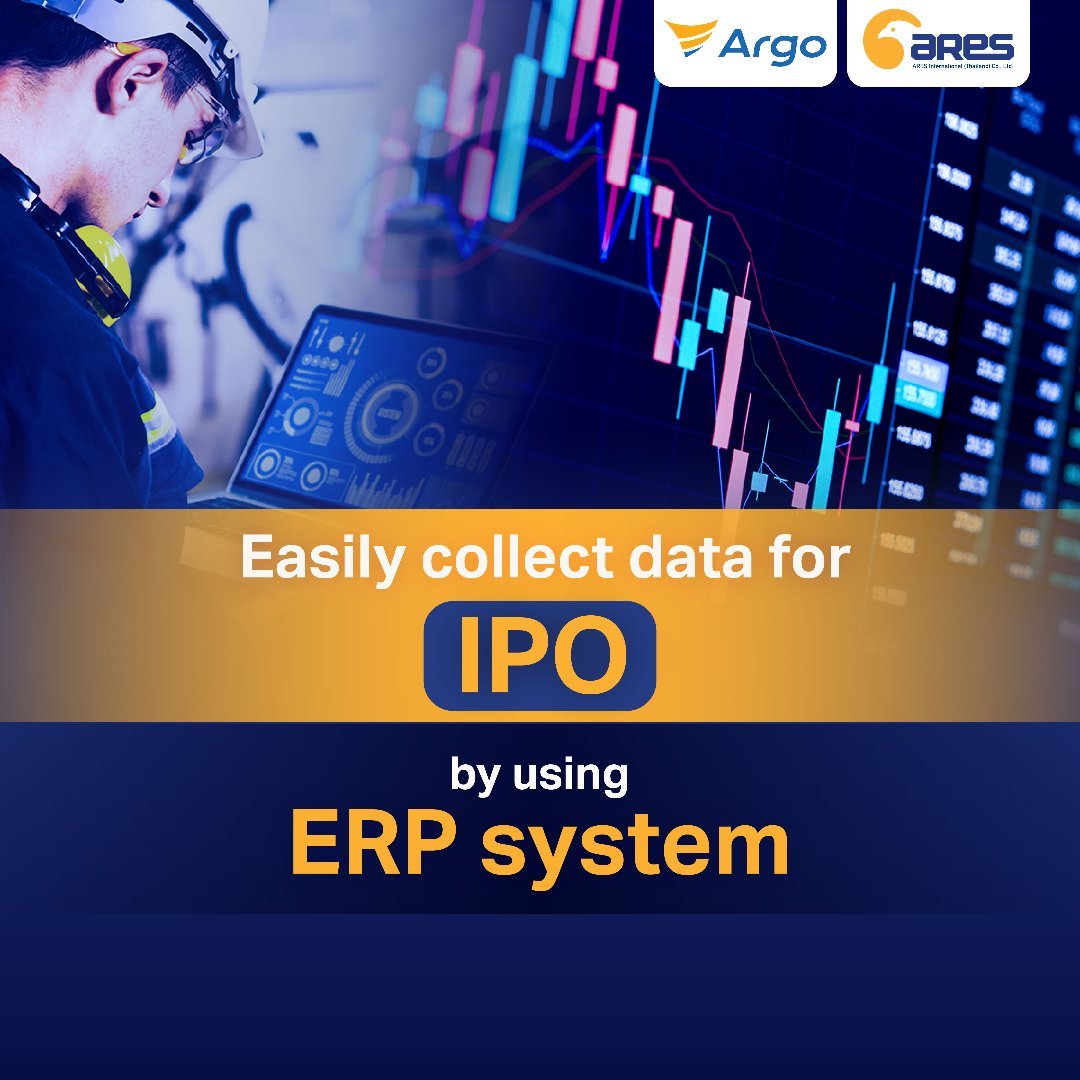What is Project Management
and How Can It Be Applied to Organizations?
Project Management, or the management of projects, is crucial to organizational planning. It involves managing various projects to achieve objectives within specified requirements and to complete them according to the set goals. This process includes planning the efficient and systematic use of resources such as human resources, finances, time, and materials. In this article, we will explore Project Management in greater depth and introduce tools that can simplify the entire project management process.
What is Project Management?

-
Initiating
-
Planning
-
Executing
-
Monitoring and Controlling
-
Closing
Effective project management enables all members involved to work together efficiently and reduces the risk associated with the project by managing relevant factors in advance. It also allows stakeholders to easily monitor the sequence of operations and outcomes, helping to achieve the targeted KPIs.
What are the Stages of Project Management?
Project Management consists of five key stages, which are described as follows:
1. Initiating
This stage involves defining the project's objectives, often stated as expected business goals, and establishing the project's scope to ensure a shared understanding. Documentation outlining the project's direction and approval for proceeding is prepared, forming the foundation for project initiation.
2. Planning
The next step is planning the work to be done in the project, including setting the order of tasks and timelines. Resource management is planned, covering aspects such as budget, personnel, and materials. Quality control is also planned by setting various criteria to ensure the quality of the project's outcomes, such as production targets and quantities.
3. Executing
After planning, the execution phase involves implementing the planned activities. This includes efficiently managing the project's resources to ensure the project progresses as planned, as well as managing internal and external communications to update on progress, address issues, and provide solutions.
4. Monitoring and Controlling
Monitoring and controlling involve tracking the project's progress and using key performance indicators (KPIs) to measure the progress against the goals. It also includes managing any changes that may occur in the project and ensuring that the outcomes meet the quality standards set during the planning stage.
5. Closing
The final stage of the project involves reviewing both the positive and negative outcomes produced to apply lessons learned in future projects. It also includes reporting the results to stakeholders and concluding all project activities.
The Importance of Project Management and Tools for Managing Work Plans

The ArgoERP (Enterprise Resource Planning) system includes a Project Management module that facilitates the management of all organizational projects within a single system. When discussing how ERP systems can assist with Project Management, the following aspects are noteworthy:
-
Work Plan Development: ERP aids in planning and scheduling project activities. The ERP system includes modules that assist in planning and scheduling various tasks, which may include creating production schedules or managing product deliveries as part of the project.
-
Resource Management: ERP helps manage the resources utilized in the project, such as human resources and the materials and equipment needed for production. The ERP system automatically plans the resource usage to align with the project plan.
-
Reporting and Analysis: ERP systems enable the creation of reports and performance analyses of the project, making it easier and faster for project teams and management to track project progress and efficiency.
Additionally, ERP data is connected to the organization's central database. For example, the budget for Project A is reflected in the organization's annual budget, providing transparency, ease of monitoring, and aiding in decision-making. This is particularly vital in industries like manufacturing or construction, where Project Management is indispensable.
Summary of Project Management
Understanding the importance of Project Management highlights the need for tools that ensure smooth execution and alignment with desired objectives. ArgoERP by ARES is a key tool in planning and managing each organizational project. This module includes essential functions that support various aspects of Project Management and is ready for immediate use. A DEMO is available through the channels listed below.
Contact us
For a demo, please contact us at Contact Us or for further inquiries:
Phone: 0633253640 or 02-6863000 ext. 3042
Email: support@aresth.co.th




